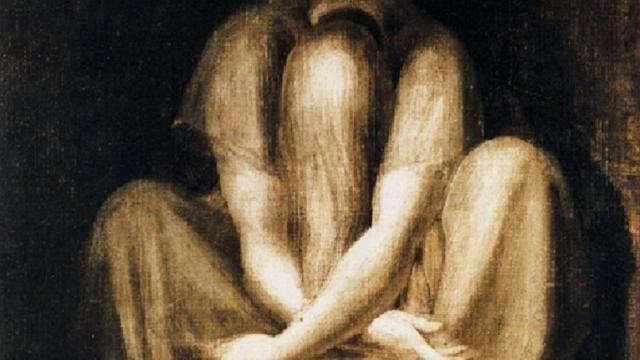
CCS Research Seminar 5
This seminar investigates the complex dramaturgy of silence in Euripides’ Ion, a tragedy in which muteness becomes both a mode of violence and a tool of resistance. In contrast to the prevailing aural richness of Greek drama, silence in Ion destabilizes expectations and foregrounds power dynamics shaped by gender, politics, and divine authority. Drawing on broader patterns in Euripidean tragedy—where female characters often conceal secrets while male figures delay speech for rhetorical effect—this analysis focuses on a particular moment in Ion where a threat of silence fails (666-667). Xouthos’s attempt to suppress Kreousa’s handmaids through intimidation is disobeyed (837-838), catalyzing a shift in Kreousa’s agency and narrative role. Through Ion’s chaste servitude, Kreousa’s hidden trauma, and the divine concealment of Apollo, silence emerges not merely as absence, but as a performative force loaded with ideological weight. Ultimately, this study argues that Euripidean silence reveals tensions between voice and agency, exposing the ethical and political fragility beneath tragic resolution.
Speaker:
Dr Andrea Navarro Noguera holds a PhD in Classical Philology from the University of Valencia and the University of Freiburg (Germany). She is currently a Tenured Lecturer in the area of Greek Philology in the Department of Classical Philology at UNED, after having held predoctoral and postdoctoral research positions at the University of Valencia. Her main research interests include classical Greek tragedy (particularly from a gender studies perspective) and classical reception in Western literature, especially in theater and opera. These lines of research have been developed through various funded research projects. She is currently part of the research team for the project “Justification of Political Violence in Classical Theatre and in the Western Tradition”. She has produced over twenty academic publications (including proceedings, book chapters, and journal articles) and has participated in around fifty conferences, both national and international. Together with Dr. Mayron Cantillo, she is co-editor of the journal Tycho.
Location
Speakers
- Dr Andrea Navarro Noguera (UNED, Madrid)
Contact
- Simona Martorana